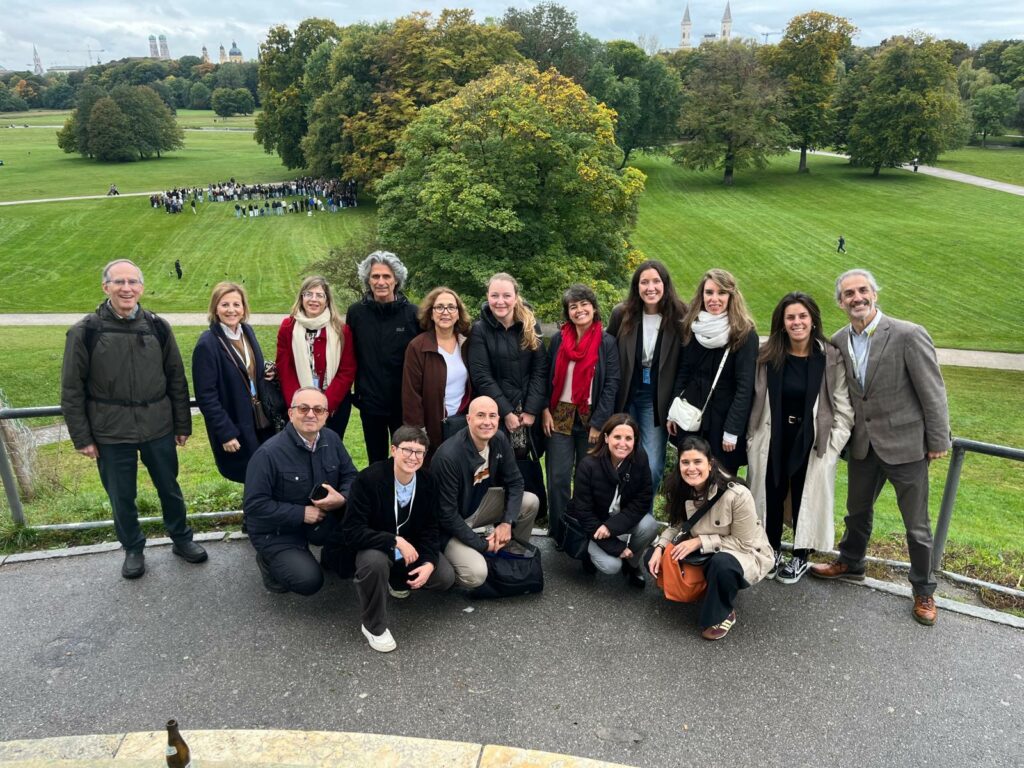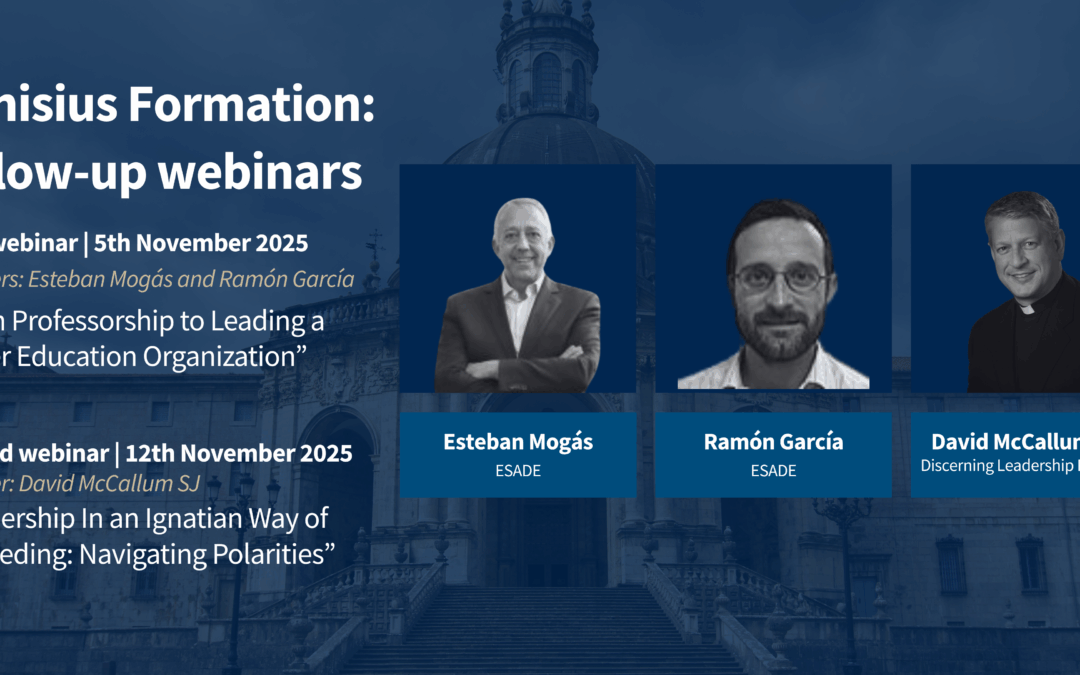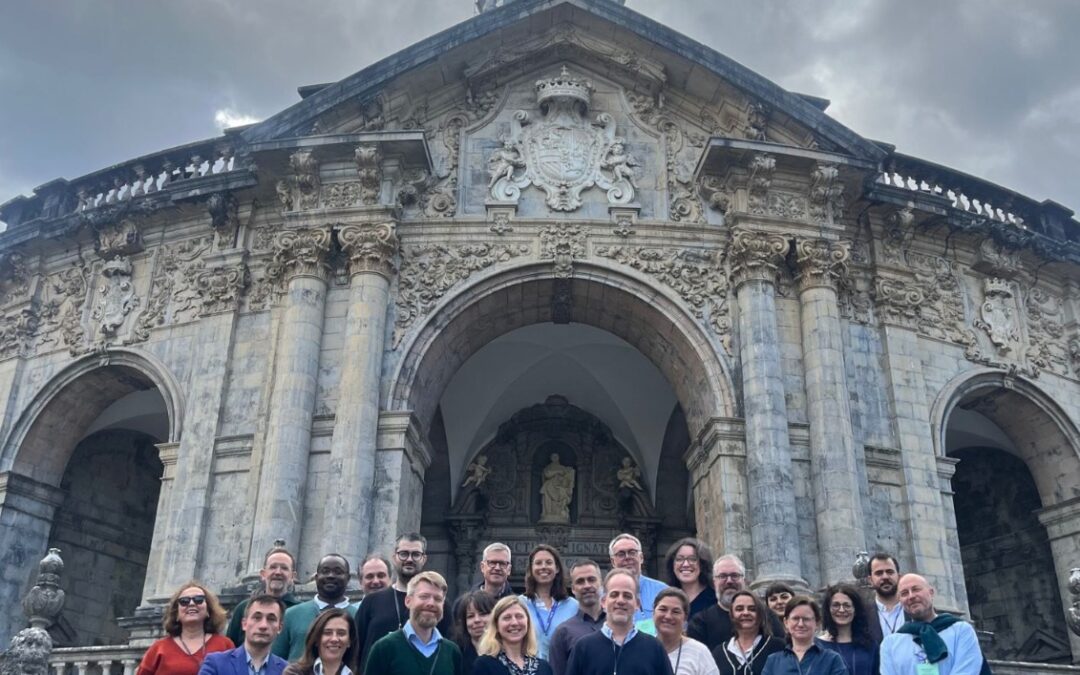
The Kircher Network’s Group of International Relations Officers convened this October for its biennial meeting at the Munich School of Philosophy (Hochschule für Philosophie München), coinciding with the General Assembly of Presidents and Deans of the Kircher Network’s member institutions. Delegates from fourteen member universities and centres attended the meeting, contributing to a lively and productive exchange of ideas.
This group, composed of the international relations offices of Kircher’s member institutions, is tasked with advancing strategic cooperation, maximising the network’s comparative strengths, and fostering mission-driven international engagement across Jesuit higher education in Europe and the Near East and globally.
At the Munich meeting, participants exchanged best practices, explored synergies, and unveiled new collaborative plans. Two student Erasmus Blended Intensive Programmes (BIPs) are in development:
- «Artificial Intelligence and Sustainability», led by the Institut catholique d’arts et métiers (ICAM) in cooperation with the National College of Ireland and Universidad Loyola Andalucía, invites engineering students to explore how AI can contribute to sustainability goals (June 26 – July 3, 2026).
- «Ignatian Leadership and Citizenship for a United and Inclusive Europe», to be hosted by the Université de Namur in January 2027, co-organised by Universidad Loyola Andalucía, University of Deusto, Institut catholique d’arts et métiers (ICAM), and Facultés Loyola Paris.
In addition, two staff training BIPs were presented:
- «Meaningful Learning and Intercultural Teaching: Communicating through Different Languages», organised by the Kircher Group on Meaningful Learning and led by the Institut catholique d’arts et métiers (ICAM) (June 3–5, 2026), focuses on intercultural communication and inclusive pedagogy.
- «Erasmus Opportunities», coordinated by Universidad Loyola Andalucía with ICAM and Universidad Pontificia Comillas, scheduled for July 2026 (dates to be confirmed), will offer hands-on training in Erasmus program management—from KA1 mobility, KA2 cooperation projects, and Jean Monnet initiatives to financial audits.
These new initiatives are fully aligned with the group’s mission to generate synergies, add value to member institutions, and strengthen their international programs in the service of Jesuit higher education identity and mission.
If your institution is a member of the Kircher Network and is interested in participating, stay tuned for announcements about open calls and nomination periods.



